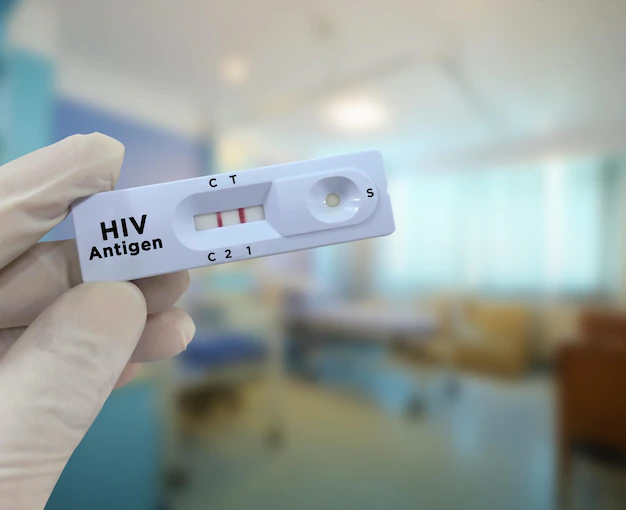HIV Testing

HIV testing is a critical step in preventing the spread of HIV and ensuring that individuals living with HIV receive the care and treatment they need. HIV testing is recommended for everyone between the ages of 13 and 64, and more frequent testing may be recommended for those who engage in high-risk behaviors or have been exposed to the virus.
There are several different types of HIV tests, including:
- Antibody tests – These tests look for antibodies to HIV in the blood or oral fluid. Antibodies are proteins produced by the immune system in response to an infection. It can take 2-8 weeks after infection for the body to produce enough antibodies to be detected by an HIV antibody test.
- Combination tests – These tests look for both HIV antibodies and the p24 antigen, a protein produced by the virus shortly after infection. Combination tests can detect HIV infection earlier than antibody tests alone.
- Nucleic acid tests (NAT) – These tests look for the genetic material (RNA) of the virus in the blood. NAT tests can detect HIV infection as early as 7-14 days after exposure, but they are not commonly used for routine testing.
HIV testing can be done at a healthcare provider’s office, community health clinic, or at home using a self-testing kit. Home HIV testing kits are available for purchase online or at some pharmacies and allow individuals to collect their own sample and get results within minutes.
It’s important to note that a positive HIV test result does not mean that someone has AIDS. With proper medical care and treatment, individuals living with HIV can lead full and healthy lives.
It’s also important to note that HIV testing is confidential, and the results are protected by privacy laws. Healthcare providers and testing facilities are required to follow strict confidentiality guidelines and cannot share HIV test results without the individual’s consent.
Getting tested for HIV is a simple and important step in protecting your health and the health of those around you.
